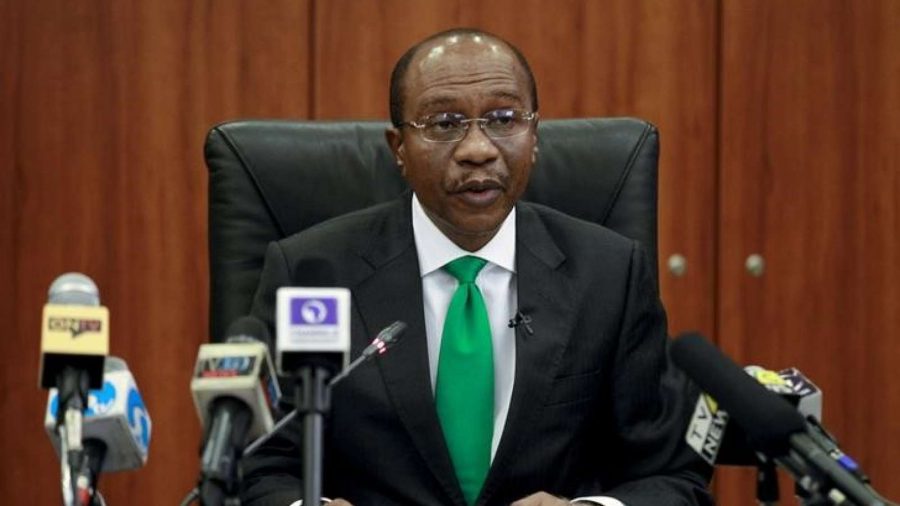Following a recent meeting between the Central Bank and the Bill and Melinda Gates Foundation, the apex bank raised Nigeria’s financial inclusion target to 95% from 80% set in 2012 and extended the target year to 2024 from 2020 previously. Earlier in the year, the Central Bank of Nigeria (CBN) had expressed optimism that the 80% financial inclusion target will be reached by 2020.
With one year to the 2020 target and recent data from Enhancing Financial Innovative and Access (EFInA) indicating that 36.8% eligible Nigerian adults still do not have access to financial services as of 2018, the likelihood of achieving the 80% financial inclusion target by 2020 became slimmer and necessitated the review.
One of the major barriers to financial inclusion in Nigeria has been the uneven spread of financial access points, limiting access to appropriate products and services in rural areas. To aid the achievement of this target, the National Youth Service Corps (NYSC) has approved the posting of corps members to deposit money banks (DMBs), microfinance banks (MFBs) and local government areas (LGAs) from now till 2024.
The corps members will serve as peer educators, particularly in the rural areas, to each drive the opening of 200 new accounts by the end of 2019 and complement other ongoing efforts by the CBN. Earlier in the year, the CBN Governor unveiled four policy documents for the financial sector; The revised National Financial Inclusion Strategy, the Financial Literacy Framework, the Consumer Protection Framework and the Consumer Education Framework, all of which are targeted at facilitating the attainment of the financial inclusion target.
[READ ALSO: Access to credit facility is a global problem for SMEs – CWG Acting CEO]
In our view, fintech companies have a significant role to play if CBN is to achieve this target in 2024. Fintech providers can capitalize on their large customer bases for payment services, to offer customers other financial services. Not only are fintech firms involved in deepening financial inclusion, they also facilitate economic development in SSA. Fintech supports technological advancement in other sectors such as agriculture and infrastructure as well, boosting economic growth.
Fintech firms are filling the gap between financial services companies and customers by disrupting key financial service segments and digital payments (Paytech), digital insurance (Insurtech), banking (Banktech), wealth management services (Wealthtech), and regulations (Regtech) and creating space for selling financial products. Big technology firms such as Apple, Facebook, Amazon, Google, and Alibaba have also entered the financial services space, enhancing innovation and competition.
At a time when technology is disrupting the global financial services industry, Nigeria too has been part of the change. Although a cash economy, Nigeria’s financial system is receptive to the new transformations in the financial system, especially the introduction of technology.
The digitization of the financial services industry, especially banking, is underway with Wema Bank launching Nigeria’s first fully digital bank, ALAT, in 2017. With ALAT, Nigerians can open a fully functional account online through the web or the app in a mere five minutes. Such easy access to banks, using technology, should improve financial inclusion in the country.
[READ MORE: ORide Launches in Nigeria, Offers Amazing Prices]
_____________________________________________________________________
CSL STOCKBROKERS LIMITED CSL Stockbrokers,
Member of the Nigerian Stock Exchange,
First City Plaza, 44 Marina,
PO Box 9117,
Lagos State,
NIGERIA.












